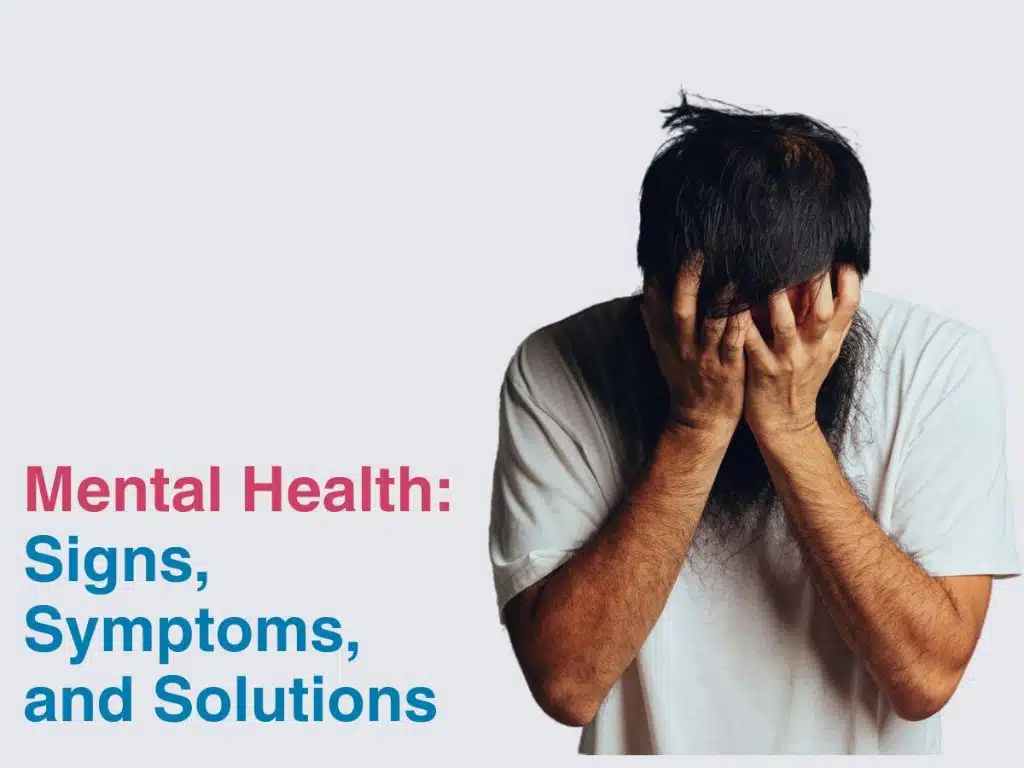
20 Morning Habits for Better Mental Health : Mornings set the tone for the rest of the day. By incorporating intentional habits, you can foster better mental health, enhance productivity, and improve overall well-being. Here are 20 powerful morning habits designed to cultivate a positive mindset and support mental health.
1. Wake Up Early and Consistently
Establishing a consistent wake-up time regulates your body’s internal clock, improving sleep quality and reducing stress. It also allows you to start your day calmly without rushing, setting a positive tone for the day.
Tips:
- Aim for 7-8 hours of sleep each night.
- Avoid hitting the snooze button, as fragmented sleep can cause grogginess.
2. Practice Gratitude
Starting your day with gratitude shifts your mindset towards positivity. Reflecting on things you’re thankful for enhances happiness and reduces anxiety.
How to Practice:
- Keep a gratitude journal and write down three things you’re grateful for every morning.
- Alternatively, mentally acknowledge them during your morning routine.
3. Morning Meditation or Mindfulness
Meditation reduces stress, enhances focus, and promotes emotional health. Even just 5-10 minutes of mindfulness can significantly impact your day.
Suggestions:
- Use guided meditation apps like Headspace or Calm.
- Practice deep breathing exercises or a body scan to ground yourself.
4. Limit Digital Intake
Avoid checking emails or social media first thing in the morning, as it can lead to stress or comparison. Create a calm environment by disconnecting from digital noise.
Action Steps:
- Establish a no-phone rule for the first 30 minutes of your day.
- Replace phone time with other activities like stretching or reading.
5. Hydrate with Water
Drinking water immediately after waking up helps rehydrate your body, kickstarts your metabolism, and improves brain function, helping you feel more alert and focused.
Tip:
- Keep a glass of water by your bed or in the kitchen to make this habit easier.
6. Light Physical Activity
Morning exercise releases endorphins, reducing stress and anxiety. It also boosts energy levels and improves mood throughout the day.
Options:
- Go for a morning walk or jog.
- Practice yoga or light stretching to release tension.
7. Eat a Nutritious Breakfast
A balanced breakfast stabilizes blood sugar levels, enhancing mood and concentration. Foods rich in protein, fiber, and healthy fats provide long-lasting energy.
Ideas:
- Greek yogurt with nuts and berries.
- Oatmeal with fruits and seeds.
- Whole-grain toast with avocado and eggs.
8. Set Daily Intentions
Setting an intention helps you focus on what matters most, reducing anxiety and enhancing productivity. It also reinforces a positive mindset.
Examples:
- “Today, I will remain calm and positive.”
- “I will prioritize my mental health and take breaks when needed.”
9. Positive Affirmations
Affirmations help reframe negative thought patterns and build self-confidence. They create a positive mental framework, influencing your outlook for the day.
How to Practice:
- Stand in front of a mirror and repeat affirmations aloud.
- Write down affirmations and keep them visible (e.g., on your mirror or desk).
Examples:
- “I am capable and resilient.”
- “I choose happiness and peace today.”
10. Morning Sunlight Exposure
Natural light exposure in the morning regulates your circadian rhythm, improving sleep quality and mood. Sunlight boosts serotonin levels, reducing the risk of depression.
Recommendation:
- Spend at least 10-15 minutes outside or by a window.
- Pair this habit with other activities like morning coffee or stretching.
11. Reading or Learning
Engaging in light reading or learning something new stimulates the mind, enhances cognitive function, and reduces stress.
Suggestions:
- Read motivational or self-development books.
- Listen to educational podcasts or audiobooks while preparing for the day.
12. Create a To-Do List
Organizing your day with a to-do list reduces anxiety by providing a clear direction. It helps prioritize tasks, increasing productivity and reducing overwhelm.
Tips:
- Limit your list to 3-5 essential tasks to avoid feeling overwhelmed.
- Include self-care activities to maintain balance.
13. Practice Deep Breathing or Stretching
Deep breathing and gentle stretches relax your muscles, reduce tension, and lower cortisol levels. They also improve blood circulation and mental clarity.
Techniques:
- Practice the 4-7-8 breathing method: Inhale for 4 seconds, hold for 7, and exhale for 8.
- Do light yoga stretches or simple neck and shoulder rolls.
14. Stay Organized and Declutter
An organized space reduces stress and promotes mental clarity. A clutter-free environment is more conducive to productivity and positive thinking.
Actionable Steps:
- Spend 5 minutes tidying up your bedroom or workspace.
- Keep essentials organized to avoid last-minute stress.
15. Listen to Uplifting Music or Podcasts
Music and positive podcasts can boost your mood, inspire creativity, and set a positive tone for the day.
Ideas:
- Create a morning playlist with your favorite uplifting songs.
- Listen to motivational or mental health-focused podcasts.
16. Connect with Loved Ones
Starting your day by connecting with loved ones enhances emotional well-being and provides a sense of belonging and support.
Suggestions:
- Have breakfast with family or housemates.
- Send a positive message to a friend or loved one.
17. Limit Caffeine Intake
While caffeine can improve alertness, excessive consumption may increase anxiety and disrupt sleep patterns.
Tips:
- Limit coffee to one cup in the morning.
- Opt for green tea or herbal teas for a gentler energy boost.
18. Practice Self-Compassion
Starting your day with self-compassion reduces self-criticism and enhances emotional resilience. It fosters a positive self-image and reduces anxiety.
Ways to Practice:
- Speak kindly to yourself, as you would to a friend.
- Acknowledge your feelings without judgment.
19. Take a Cold Shower
Cold showers can improve alertness, reduce anxiety, and stimulate the release of endorphins, enhancing mood.
How to Incorporate:
- Start with warm water and end with a 30-second cold burst.
- Gradually increase the duration as you get accustomed.
20. Reflect and Visualize
Reflection and visualization help you focus on your goals, fostering motivation and a sense of purpose. It also enhances optimism and emotional resilience.
Methods:
- Reflect on your achievements and progress.
- Visualize your ideal day and how you want to feel.



 DailyMediCure
DailyMediCure 









